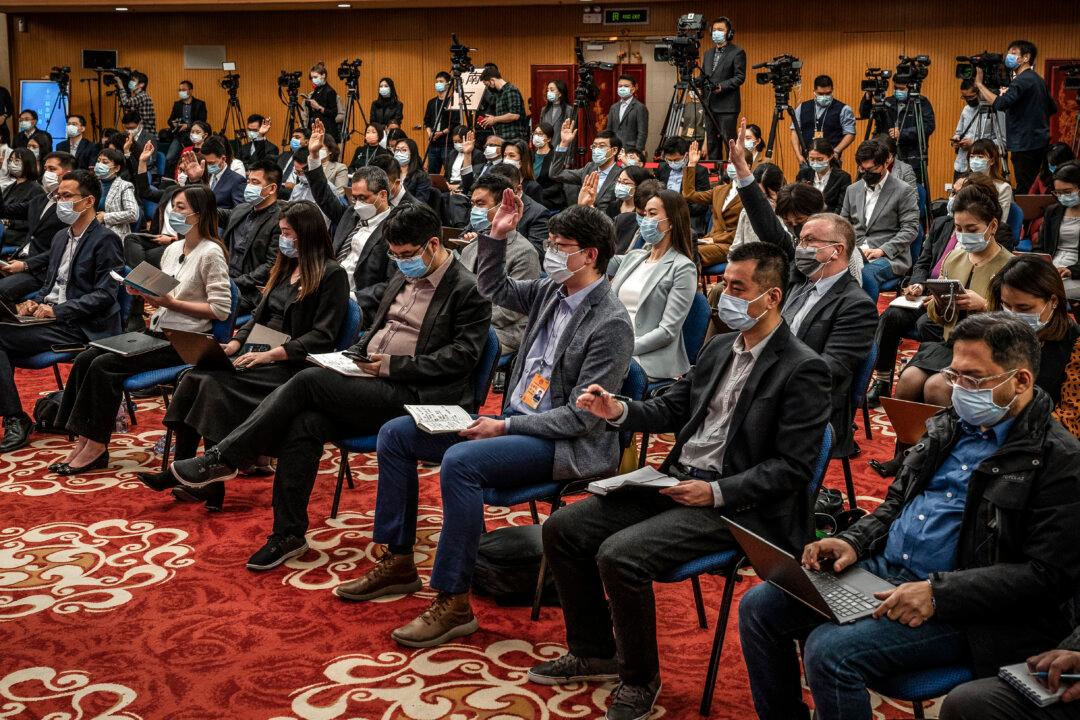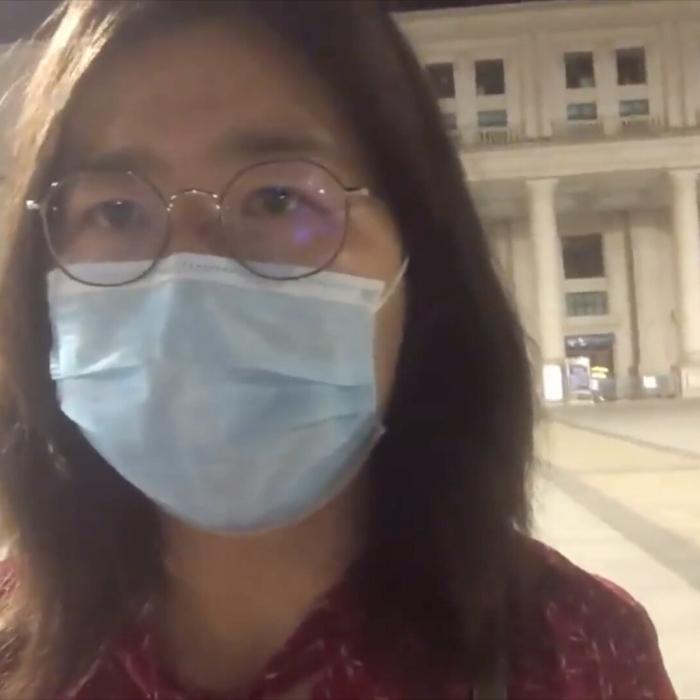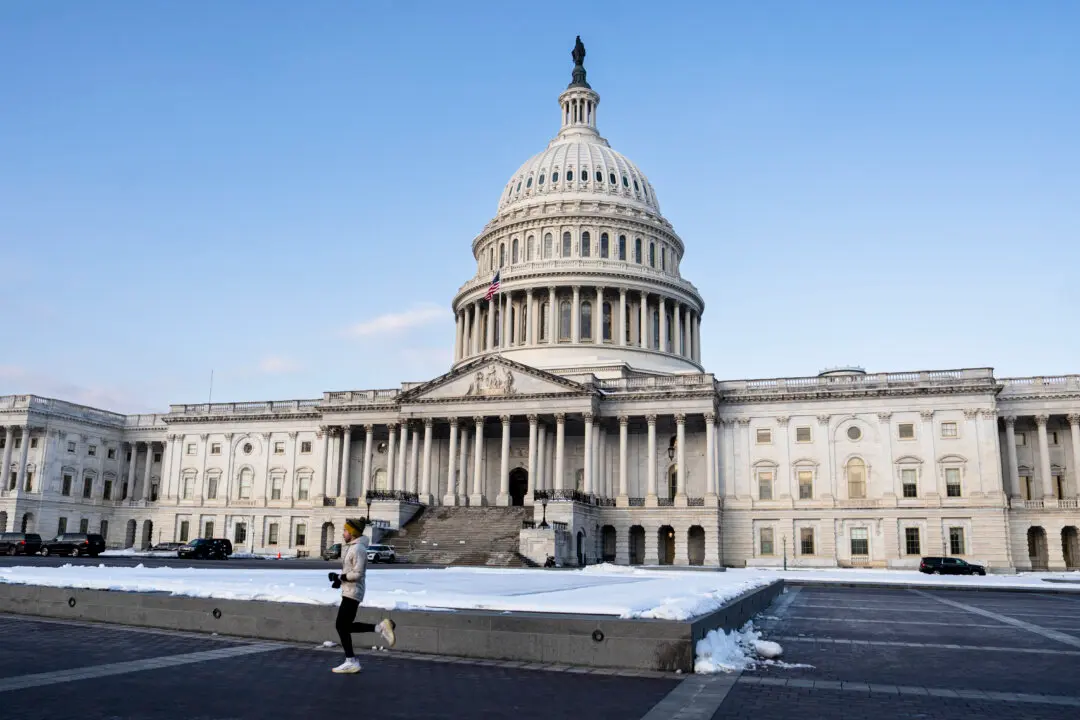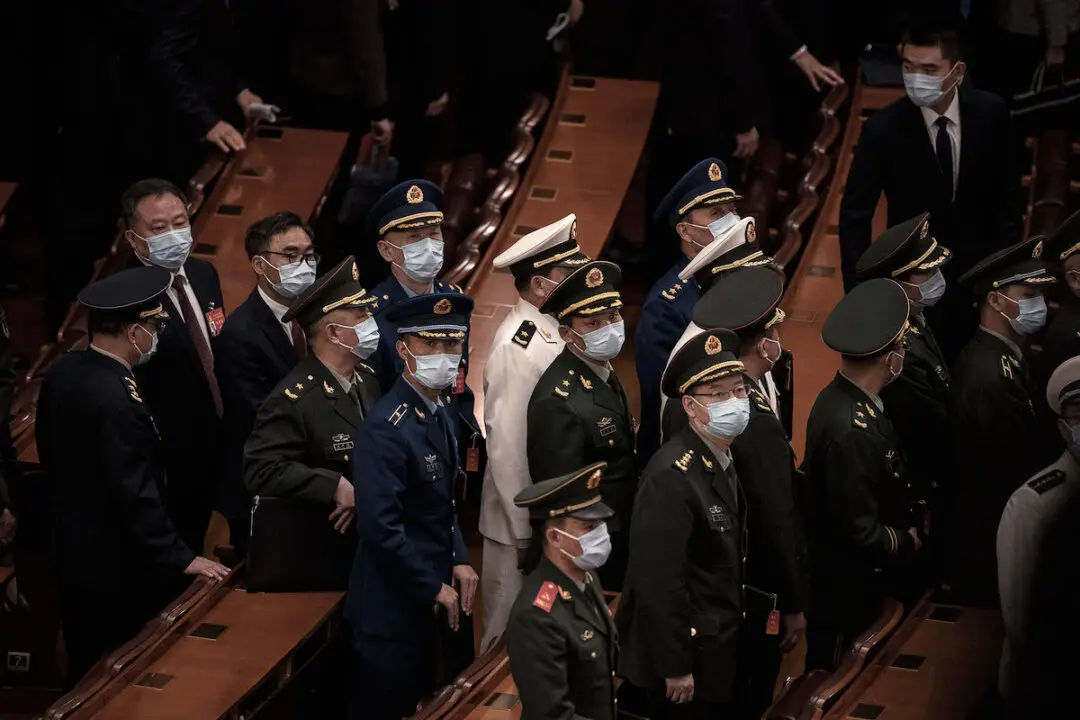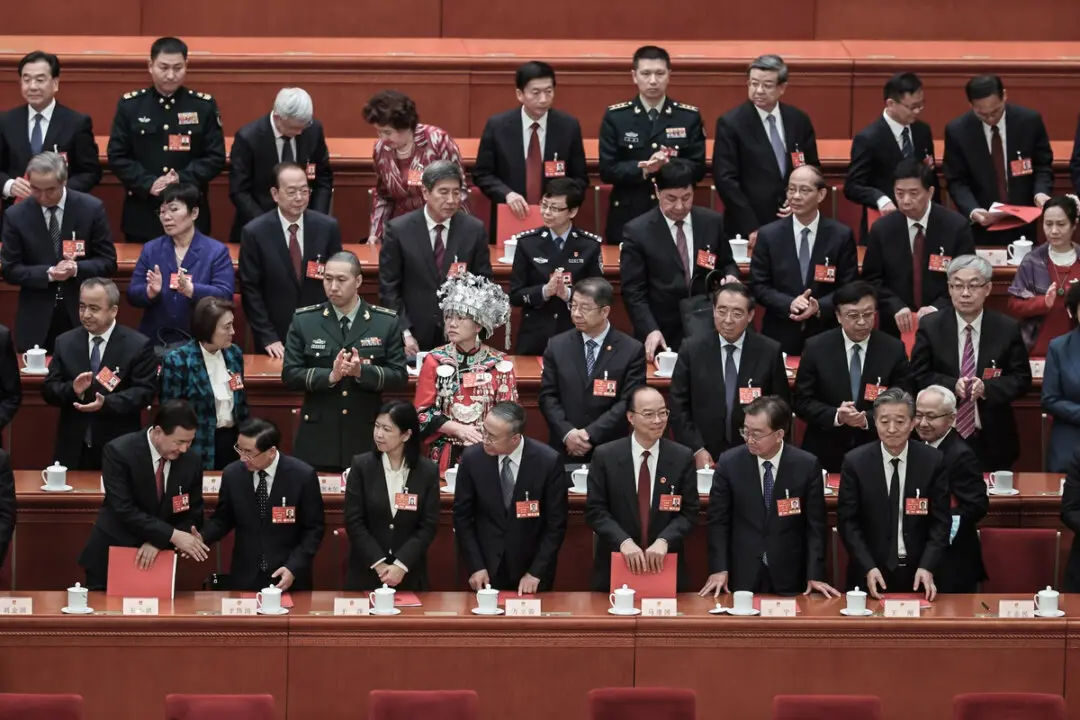In China, foreign media correspondents rely heavily on Chinese employees known as “news assistants.” They translate, arrange interviews, and handle logistics. However, unlike in most countries, they are not hired by those media organizations. Under Chinese law, all must be dispatched through state-run service agencies overseen by the Ministry of Foreign Affairs of the Chinese Communist Party (CCP).
Essential but Constrained by the CCP
News assistants, sometimes called fixers, are essential local staffers who help foreign journalists collect information and navigate the local scene. In China, they are usually Chinese nationals working behind the scenes for foreign press officers. They make calls, deal with routine paperwork, and accompany reporters on interviews.These assistants are essential to foreign journalists in their work. However, the CCP takes a hostile stance toward freedom of the press. In China, every Chinese media outlet is controlled by the CCP and must amplify the regime’s propaganda.
Unlike Chinese outlets, foreign media outlets are not directly under CCP editorial control, making their work stand out in China’s tightly controlled media environment. Thus, the CCP closely monitors the work of foreign journalists, and their news assistants face significant restrictions.
“It’s like being forced to use a phone with a listening device already installed,” Zhou, a Taiwanese journalist in Beijing who asked not to use his full name, told The Epoch Times. “Unless you don’t want an assistant at all. Foreign reporters can be a bit naive. They think there are no secrets in their reporting, and nothing secret about their company either. Sometimes state security officers try to approach us, inviting us out for dinner or karaoke, but I always decline.”
A ‘3-Way Relationship’
On the surface, news assistants are employed by CCP-approved labor agencies. Wages are routed through these agencies, which also handle contracts and social benefits. In practice, the assistants work under foreign media outlets’ direction but remain legally bound to those agencies controlled by the regime.A former Chinese news assistant, who spoke to The Epoch Times on condition of anonymity for safety reasons, recalled her time working for a British media outlet.
“My salary didn’t come directly from the foreign media,“ she said. ”It was first paid to a labor services company, which deducted social security contributions and management fees before passing the remainder on to me.”
This creates what many describe as a “three-way relationship,” with foreign media outlets, the news assistants, and the Chinese state. The CCP-approved agencies impose responsibilities on the news assistants, on top of what they do with the foreign journalists.
Another Chinese news assistant, Chen, who asked not to use his full name for safety reasons, explained these other responsibilities, telling The Epoch Times that the agency once reminded them to watch whether foreign reporters’ activities might “violate Chinese law.”
Risks in the Profession
The number of news assistants nationwide is small, estimated at only a few hundred, mostly in Beijing and Shanghai, but the risks they face are outsized.Such cases highlight the vulnerability of assistants, who, unlike foreign correspondents, lack press credentials or diplomatic assistance.
Former insiders have said the goal is to control all hiring through official agencies so the CCP can monitor journalists’ movements and the content of their reporting.
A Chinese private driver who had long worked for foreign media outlets told The Epoch Times on condition of anonymity that news assistants often became a tool for the CCP to gauge the stance of foreign correspondents.
“News assistants are Chinese nationals, [so] how could they not follow official instructions?” he said. “The foreign reporters eventually leave, but you still have to stay in China. That’s what they call ‘controllable’ and ‘traceable.’”
A System That Limits Access
The rules governing news assistants in China have tightened over time. In the 1990s, foreign outlets sometimes hired local Chinese staff directly. That ended in 2008, when new regulations required that all assistants be hired through state-approved channels.A Chinese media scholar in Beijing told The Epoch Times on condition of anonymity that the system serves as both a bridge and a barrier.
“It enables foreign reporters to operate but ensures everything stays within limits,” he said.
